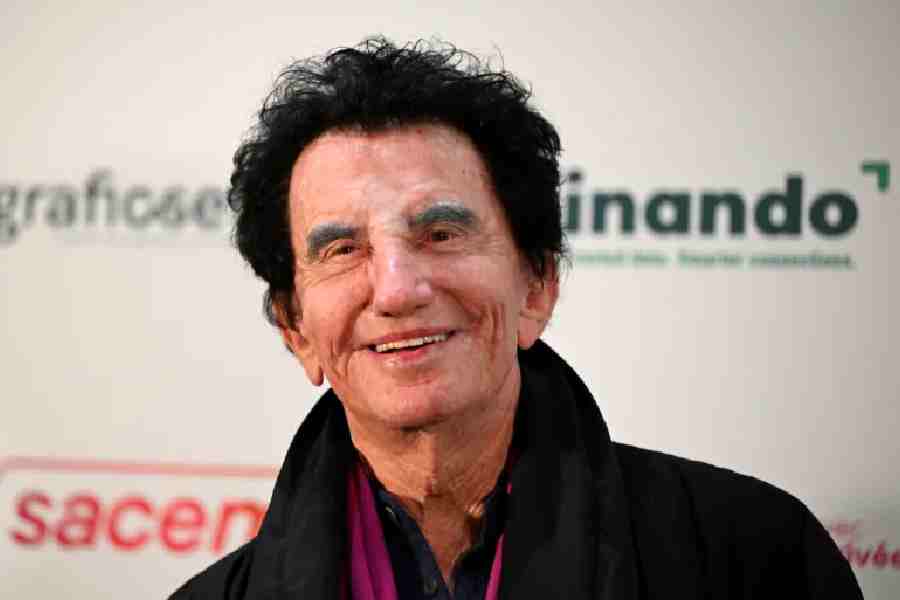CHINA DIARY
Patriotism is in the air - or at least in the official media. It's the 67th anniversary of the founding of the Republic of China, and China Daily has come out with a feature showing its front pages on National Day, October 1, from 1990 onwards. The lead story in the black and white 1990 issue was the record harvest of corn, and a picture of farmers hanging corn to dry. This year's colourful front page is soulless: the president with other leaders. For sure, no farmer would make it to Page One today unless as part of a disaster.
Record harvests were celebrated in a big way during Mao's 'Great Leap Forward'. But later, these turned out to be false claims made by village-level communist party cadre so that the 'Great Helmsman' would think his policies were a success. One of the persons who actually did this has been interviewed by China Daily. Interestingly, he continues to adore Mao. Wang Baojing insisted that his 'mistake' of exaggerating harvest claims be mentioned in the interview. Wang was later attacked by others in the party for his claims, but saved from punishment by the provincial party secretary, who pointed out that he was not alone at fault.
Because of his claim, Wang got to shake hands with Chairman Mao. When he came back, all the villagers wanted to touch his hand. He went on to meet Mao and Premier Zhou Enlai 13 times after that, as he had transformed his village into a 'Red Flag' village, forming a team to practise scientific methods of growing corn.
High hopes
Wang started political work when he was just 14, working underground for the communist party. This uneducated son of a farmer became the deputy mayor of a nearby city in 1983. After his retirement in 1994, he settled in his village, but still remains active in the manner of old-time communists, trying to ensure that his village remains a symbol of a 'new Socialist countryside' - one of the current government's ideals. A life-size statue of Mao is the village's main attraction. But there aren't many youngsters around to be inspired by it: most have migrated to the cities for work. To nurture their emotional ties to their village, Wang set up an exhibition of the village's history. Interestingly, he has seen to it that the follies of his time, like mass killing of dogs whose meat was used to 'nourish the land', are also part of the exhibition.
Mao is not exactly popular with the post-Deng Xiaoping communist party, but he retains his appeal as a tourist attraction. This year, the 80th anniversary of the 'Long March', considered a turning point of the Liberation movement, is being celebrated in a big way. In a masterstroke, the government has invited 40 international journalists to retrace the route of the 'Long March', not on foot, of course. In turn, the journalists will write about the 'New Long March' to shake off poverty undertaken by the ancient villages on the route, and also about the 'Long March' itself, interviewing participants wherever possible. The government hopes that they will 'inherit Red genes'', as in follow in the footsteps of Edgar Snow, whose Red Star Over China was a rare account of China's Liberation movement.
Articles have already started appearing online, eulogizing both China's progress and the heroism of the Long Marchers. Not much praise for the man who led it, though. Appropriately, this exercise is the idea of China's cyberspace administration - its powerful internet censors. Meanwhile, for ordinary Chinese, October 1 signals the start of a 10-day holiday. Those who can, travel and splurge. For this diarist's friends employed in the hotel and tourism industries, it means non-stop work. For either section, Mao and the Long March mean little.











